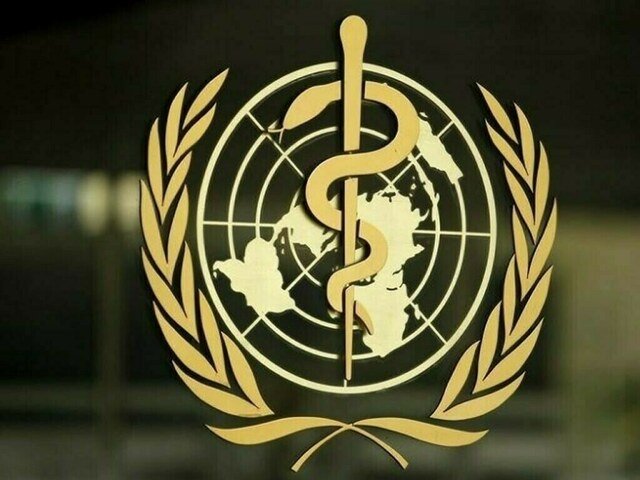ISLAMABAD: The World Health Organization (WHO) has strongly recommended the Federal Board of Revenue (FBR) to reassess and strengthen tobacco tax policy, including regular Federal Excise Duty (FED) rate adjustments and tighter controls on production timing and brand mix manipulation.
In this regard, the WHO has submitted its budget proposals to the FBR for 2025-26.
According to the WHO’s proposals received at the FBR, the lower-than-expected tax revenues during the first nine months of 2024–25 cannot be credibly attributed to increased illicit trade, as claimed by the industry.
Instead, the evidence points to a strategic shift in the sales mix toward lower-taxed economy brands—enabled by the stockpiling of higher-taxed premium brands in the final quarter of 2023–24—as the primary driver of reduced revenue performance. Coupled with the absence of any adjustment to FED rates despite a 26% rise in inflation, these factors have led to a significant decline in the average effective tax per pack.
Highlighting policy issue, WHO pointed out since February 2023, the Federal Excise Duty (FED) rates on cigarettes have remained unchanged. During this period, overall inflation has increased by 26%, while the tobacco industry has raised the retail price of its most sold brand by only 10%.
The FBR has been informed that the revenue collection from cigarette taxes grew by just 7.4% compared to the same period in 2023–24—below expectations. This limited growth is partly driven by an industry strategy that has shifted the sales mix toward economy brands, which are taxed at a significantly lower rate (Rs 101 per pack) compared to premium brands (Rs 330 per pack). This shift in the sales mix during the first nine months of the current fiscal year was further enabled by the additional production and stockpiling of premium brands in the last quarter of 2023–24—a typical industry tactic to undermine taxation policy.
Although the industry attributes weaker revenue performance to increased illicit trade-claiming it disproportionately affects economy brands—official data shows that production of economy brands has actually increased by nearly 30% since last year, with total cigarette production up by 22%. This clearly contradicts the industry’s narrative.
Therefore, the modest growth in FED revenues is more plausibly explained by the absence of excise rate adjustments and a deliberate shift by the industry away from premium brands during the first nine months of the current fiscal year. This shift was facilitated by the stockpiling of premium brands in the final quarter of FY 2023–24, just before July 2024. As a result, both the production shift in the current fiscal year and the frontloading of premium brand output in the previous quarter have contributed to a decline in the average effective FED rate per pack.
The WHO added that the inflation-adjusted FED rates for both economy and premium cigarette brands—one of the key explanatory factors behind recent lower-than-expected revenue performance. Since the FED rates have not been adjusted in line with inflation, their real (inflation-adjusted) values have declined. To maintain the purchasing power of the February 2023 FED rates, FBR would have needed to raise the FED rate for the economy segment to Rs 127 and for premium cigarettes to Rs 416 per pack. This lack of adjustment is estimated to have caused a revenue loss of approximately Rs 82 billion over the last two fiscal years.
Although overall cigarette production increased by nearly 22 percent, reaching almost 28 billion sticks in the first nine months of FY 2024/25 compared to the same period in 2023/24, production of premium brands declined sharply by 53.4%. This significant drop in premium brand output is a key factor contributing to the below-inflation growth in FED revenues, as it has led to a reduction in the average FED rate per stick over the same period.
Contrary to the tobacco industry’s claims, the performance of cigarette tax revenues did not decline following the FED rate increase in February 2023. On the contrary, revenues from this source rose significantly in FY 2023–24.
The FBR collected Rs237 billion in FED revenue, exceeding the revised target of Rs 205 billion—an increase of approximately 15.7%. Remarkably, in FY 2023–24, Pakistan recorded the lowest cigarette production in its history alongside the highest-ever collection of FED from the tobacco sector, WHO added.
Copyright Business Recorder, 2025

